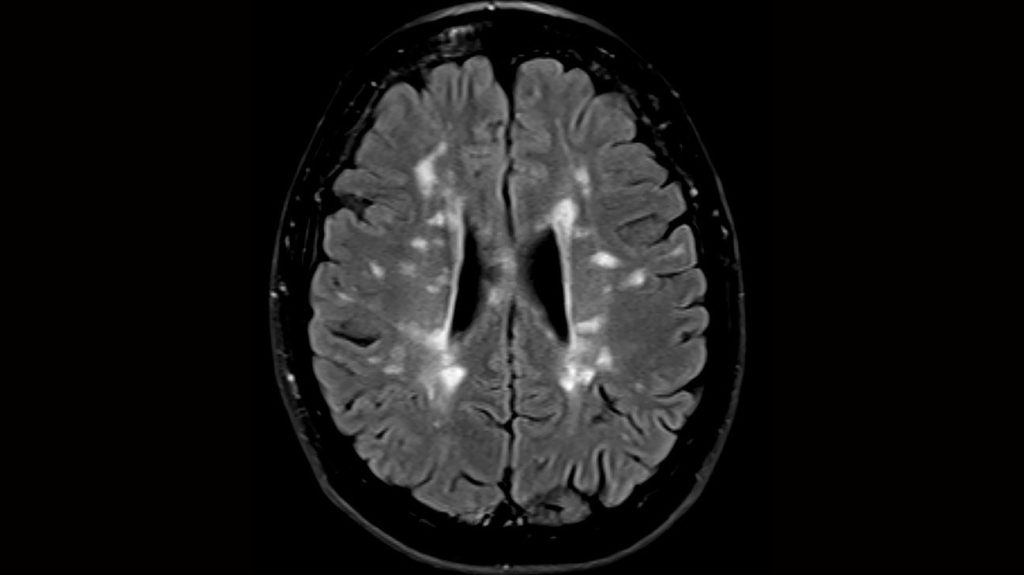
In the United States, nearly one million people live with multiple sclerosis (MS), an immune-mediated inflammatory disease that affects the central nervous system by causing demyelination and axonal transection, leading to regional and whole-brain atrophy. Characterized by symptomatic episodes that can occur months or years apart, MS symptoms vary widely but commonly include sensory loss, spasticity, bladder and sexual dysfunction, fatigue, and muscle weakness.
Key Points in MS Diagnosis:
Prevalence and Impact: MS is a major neurological cause of disability among young adults, often diagnosed between the ages of 20 and 40. Although traditionally considered more common among young White individuals, recent data suggest a higher incidence in Black populations. Women are diagnosed about three times more often than men, similar to other autoimmune diseases. The disease significantly affects quality of life, primarily due to physical disabilities and associated conditions like depression and anxiety.
Diagnostic Criteria: MS is diagnosed based on clinical signs and the McDonald Criteria, which require a clinical event indicative of demyelination, such as optic neuritis, brainstem syndrome, or transverse myelitis. These events must present symptoms consistent with the disease for at least 24 hours, supported by neurological exams that point to central nervous system involvement.
Imaging and Tests: MRI is crucial for MS diagnosis but must be interpreted by experts to differentiate MS from other conditions like migraines or ischemic changes. Other tests include cerebrospinal fluid analysis and blood tests to exclude diseases with similar symptoms.
Cognitive and Physical Symptoms: Cognitive impairment, affecting 40%-65% of MS patients, includes problems with memory, concentration, and multitasking, often occurring early in the disease. Recognizing and managing these symptoms, along with physical ones like spasticity and fatigue, is vital for improving patient quality of life.
Advancements in Treatment: MS treatment has evolved significantly, especially with the introduction of B cell-depleting therapies in 2017, which have shifted understanding and management of the disease. Current treatments offer various administration methods, including oral and infusion options, and continue to improve with ongoing research into new therapies like tolebrutinib.
Understanding MS involves recognizing its complex symptoms and staying informed about the latest diagnostic and treatment strategies to manage and mitigate its impact effectively.
_____________
RadParts, a TTG Imaging Solutions Company, is the world’s largest independent distributor of OEM replacement parts. We specialize in low-cost parts for repairing linear accelerators and radiation equipment. Our mission is to provide high-quality, user-friendly, low-cost components and support for linear accelerators and radiation equipment. Contact RadParts at 877-704-3838 to learn more.
Written by the digital marketing team at Creative Programs & Systems: www.cpsmi.com